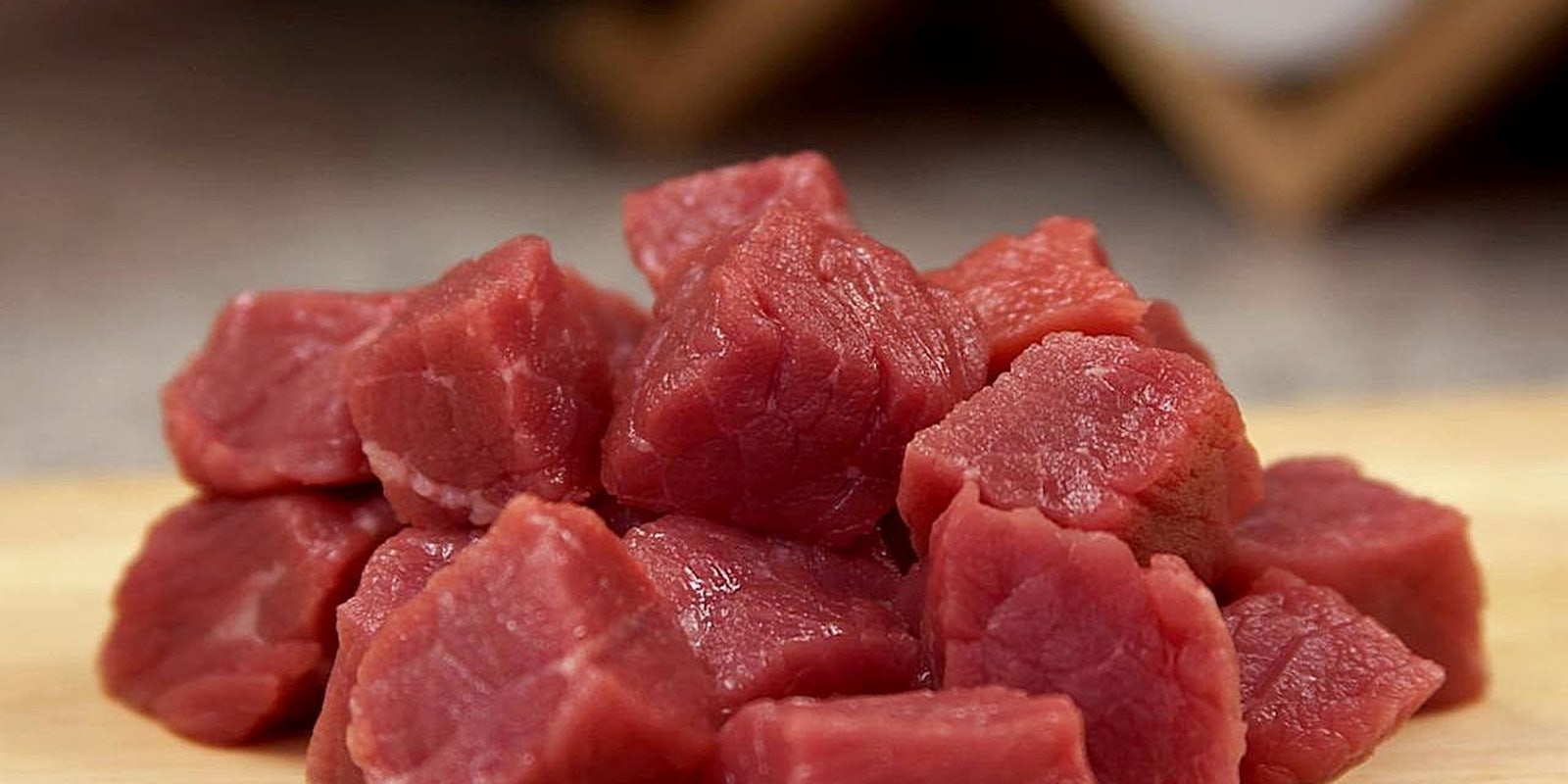Last month, Congress agreed to repeal the mandatory labeling of the country of origin on red meat and pork products. Naturally, consumers took to Twitter to express their outrage about the change.
This boils my blood. Congress changes law, wonder which international meat company funded that? Thoughts? https://t.co/z2uHLbDOcq
— Jace Edwards (@JaceEdwards) January 5, 2016
https://twitter.com/Minneappetite/status/684362804128661505
I am not ok with this, Congress https://t.co/un0LxjX4KI@sendavidperdue @SenatorIsakson @RepTomPrice
— JB2019 (@Skeptik2019) January 5, 2016
On the surface, leaving consumers in the dark about where their meat comes from seems like an egregious omission of basic information. News outlets like the Associated Press characterized the news as a huge win for the meat industry. The meat labeling laws in question took effect in 2009 and were initially a response to outbreaks of mad cow disease from imported cattle.
However, organizing, separating, and labeling each meat by its country of origin proved to be quite laborious. Not only that, but the World Trade Organization—which spearheaded the campaign to repeal the U.S. country of origin laws—claims that such labeling practices give an unfair market advantage to domestic meats.
But surely it’s important from a food safety standpoint to know where our meat comes from, right? Not really, according to Ed Mills, associate professor of meat science at the Penn State University.
“Is there any good scientific reason to exclude products from Canada, Mexico, or any of our other major trading partners? The answer is no,” Mills told the Daily Dot in a phone interview. “From a safety standpoint—from an inspection and oversight standpoint—there are regulations in place and enforced for products from other countries just like there are ones for products born and grown in the U.S.”
Meats processed in foreign countries are usually inspected by employees of foreign agencies but overseen by the United States Department of Agriculture, just like they are here, Mills explained.
Americans are often concerned about where their food comes from, he continued, so he understands the wariness. However, consumers should understand that meat products are so highly regulated their origin doesn’t play much role in how safe they are to eat, Mills said.
Of course, eating any meat products carries a risk. Outbreaks of bacterial infections like E. coli are unfortunately unavoidable, Mills explained. E. coli bacteria spreads in preparation of the meat, where parts of the animal exposed to the outside (such as the hide) are very close to the muscle tissue that we eat. “You can’t get away from it, no matter what you do. Well, you could irradiate everything, or you could cook everything. [The meat industry uses] high pressure processing that helps kill microorganisms,” Mills said. “Short of some intervention, there’s always going to be a possibility of pathogens being present.”
In other words, the best way to keep meat from any country safe to eat is to handle and cook it properly.
The environmental affects of importing more meat is another concern for some critics of the repealed law. Some consumers may want to purchase U.S.-born, raised, slaughtered, and packaged meats to reduce their carbon footprint. While Mills said he could not comment on how much of an effect importing meats has on the environment, he pointed out that certain parts of the country are located in places where the trip from a foreign facility to the local supermarket is shorter than it is from a U.S. farm.
Although consumers should not be concerned about the repeal of the meat labeling law, according to Mills, he conceded it is definitely a huge win for the meat industry.
“I think the meat industry’s perspective on it is just, ‘hey this is a big headache for something that doesn’t have any real value associated with it,’” he said. Going forward, the industry will not need to spend the time carefully labeling products with information that, according to Mills, has no real bearing on its safety or quality.
Photo by Jon Sullivan/Wikimedia Commons


